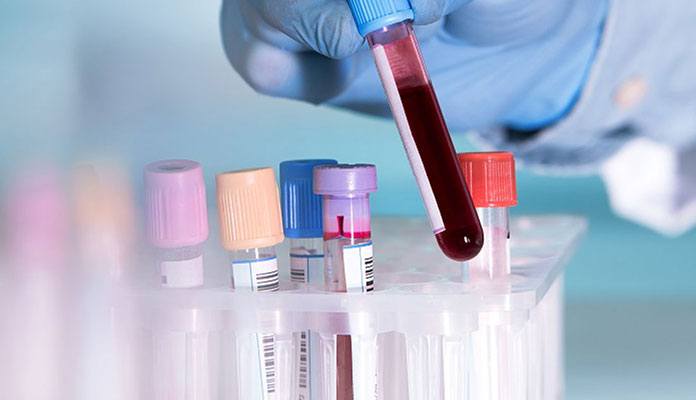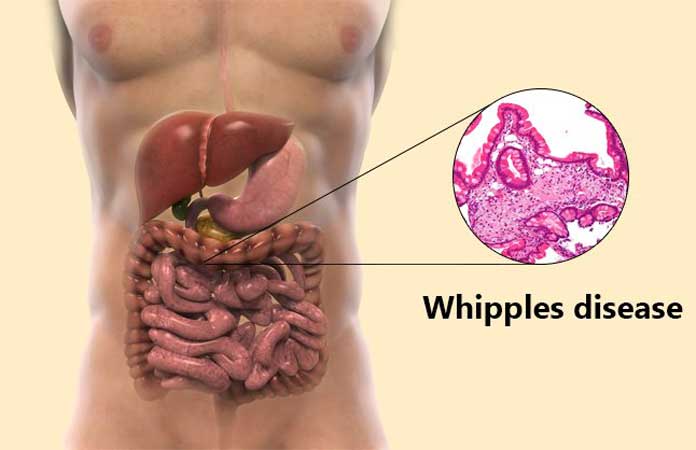Cystic fibrosis is a genetic condition that leads to serious damages in many organs, especially the digestive system and lungs. This disease affects the production of digestive juices, sweat, and mucus. As a result, these fluids tend to become thicker and stickier, thus building up in your passageways, ducts, and tubes. People with cystic fibrosis often need daily care, but they can still work or study with special treatments. They can live in middle adulthood, around 40 or 50 years old. This guide will show you some basic things about diagnosis and treatments for cystic fibrosis.
Cystic Fibrosis Diagnosis
Blood Test
A blood test can be used to diagnose cystic fibrosis in both adults and babies. During the process, a doctor will take a few drops of blood on the finger for further analysis. He or she will then check for the levels of immunoreactive trypsinogen or IRT, a substance secreted by the pancreases. If the results are higher than usual, it would suggest that these organs aren’t functioning properly. A blood test can also find out the presence of defective genes that would cause the condition. This is especially important when your parents or sibling are suffering from cystic fibrosis. [1]










